Garlic: Important Facts, Health Benefits, and Recipes
Garlic is a pungent and flavorful bulb used in cooking, known for its delicious taste and potential health benefits such as immune-boosting properties.
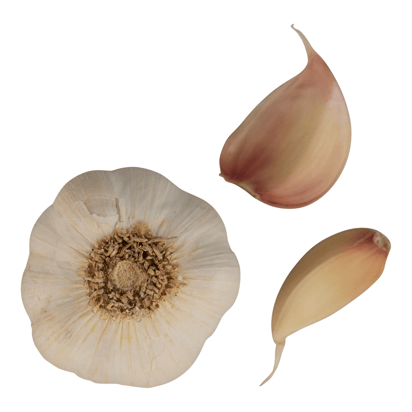
Best Garlic Recipes
-
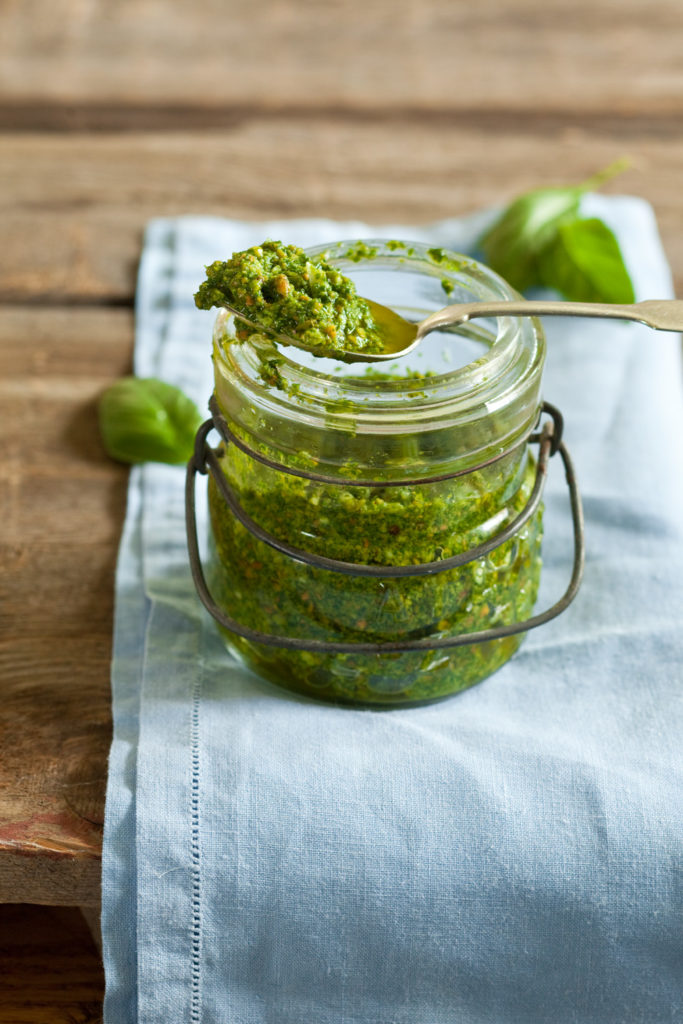
-
:max_bytes(150000):strip_icc()/__opt__aboutcom__coeus__resources__content_migration__serious_eats__seriouseats.com__2020__12__20201027-fried-garlic-microwave-vicky-wasik-14-f693c192393e406fa1737dbae8315e05.jpg)
-

-

-

-

-
:max_bytes(150000):strip_icc()/garlic-scapes-freshly-picked-606086294-584b00853df78c491e11c0a3.jpg)
-
:max_bytes(150000):strip_icc()/__opt__aboutcom__coeus__resources__content_migration__serious_eats__seriouseats.com__recipes__images__2012__01__20120115-vegan-experience-day-1-5-24e577000c764ef3b2998bbe140007d0.jpg)
-
![Caprese Garlic Bread Image]()
-
![Garlic Hummus Recipe Image]()
-
![Charred Kale Pizza With Garlic Recipe Image]()
-
![Garlic Rosemary Parmesan Popcorn Image]()
-
![40 Cloves of Garlic Roast Chicken Image]()
-
![Lemon Kale Salad with Garlic and Parmesan Image]()
-
![Garlic Parmesan Blue Cheese Crackers Image]()
-
![Black Olive Tapenade With Garlic, Capers, and Anchovies Recipe Image]()
-
![Black Bean Farro with Avocado Image]()
-
![Esther's Kale Salad with Spicy Sweet Red Peppers Image]()
-
![Red Pepper Turkey Meatloaf Pie Image]()
-
![Pomegranate Kale Salad Recipe Image]()
-
![Pizza Sauce Recipe Image]()
-
![Veg Biryani | Veg Dum Biryani Recipe Image]()
-
![Chilli Potato Image]()
-
![Dry Garlic Chutney Image]()
-
![Kamal Kakdi Kofta Image]()
-
![Mix Vegetable Kofta Curry Image]()
-
![Arrabiata Pasta Recipe Image]()
-
![Paneer Kolhapuri Image]()
-
![Paneer Curry Image]()
-
![Burnt Garlic Fried Rice Image]()
-
![Ginger Garlic Paste Image]()
-
![Butter Mushroom (in Herbed Garlic Sauce) Image]()
-
![Rajma Pulao Image]()
-
![Chana Biryani Image]()
-
![lasaniya batata Image]()
-
![gobi gajar shalgam achar Image]()
-
![Roasted Tomato Soup Image]()
-
![Dhaba Dal (Made with 5 Lentils) Image]()
-
![Pizza Recipe | Veggie Pizza Image]()
-
![Korean Pickled Garlic (Manul Changachi) Recipe Image]()
-
![Classic Saucisson Sec (French Cured Sausage) Recipe Image]()
-
![Garlic Pickle Image]()
-
![Pull-Apart Garlic Bread Image]()
-
![Boiled Pork Belly With Garlic Sauce Recipe Image]()
-
![Andy Ricker's Naam Jim Kai (Sweet chile dipping sauce) Image]()
-
![Bánh Tráng Nướng (Grilled Vietnamese Rice Paper With Egg, Pork, and Condiments) Recipe Image]()
-
![Beef Short Rib Rendang Recipe Image]()
-
![Braised Turkey Jjim with Bacon, Shiitakes, and Chestnuts Recipe Image]()




:max_bytes(150000):strip_icc()/__opt__aboutcom__coeus__resources__content_migration__serious_eats__seriouseats.com__recipes__images__2014__10__20141022-kale-pizza-7-3330b9fddcc04989ac7492cd28f16da7.jpg)


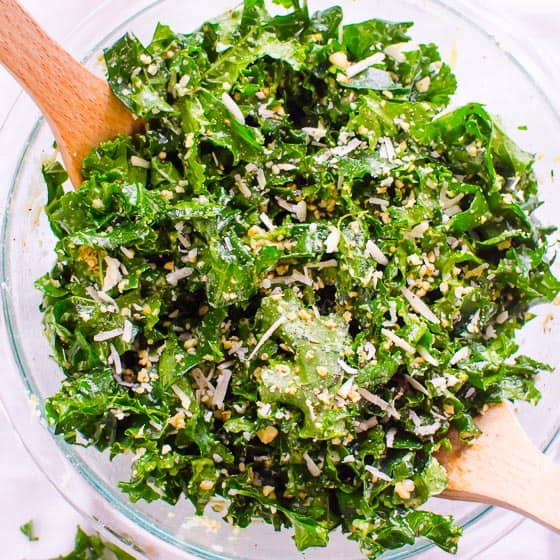

:max_bytes(150000):strip_icc()/__opt__aboutcom__coeus__resources__content_migration__serious_eats__seriouseats.com__recipes__images__2015__10__20151016-tapenade-vicky-wasik-9-3f2bcabef53245b89c4fa56ec552d337.jpg)




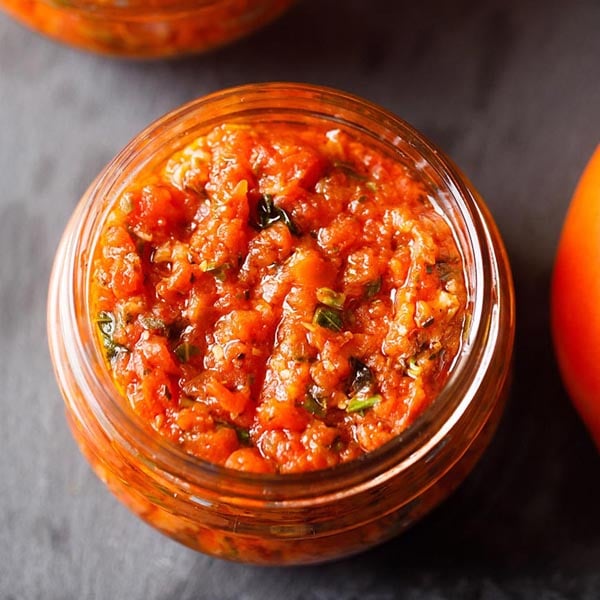


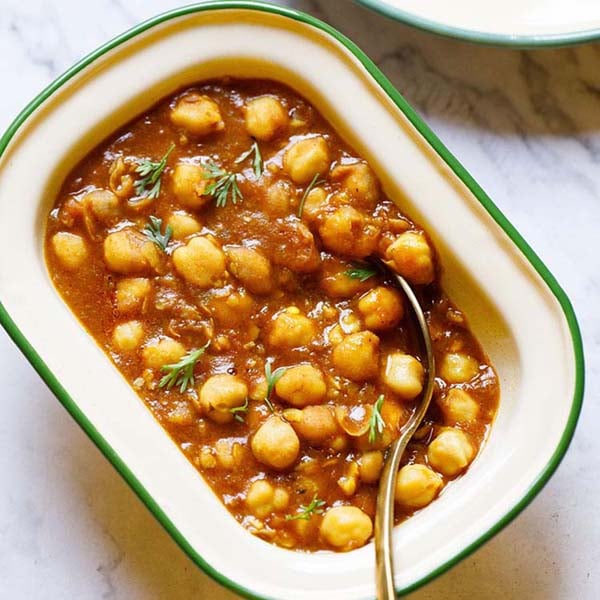
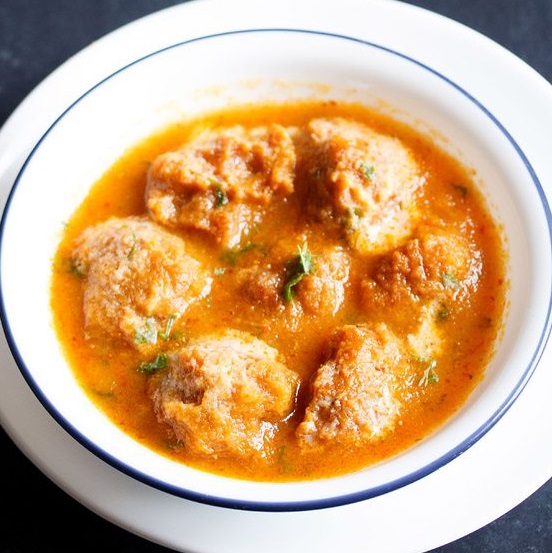

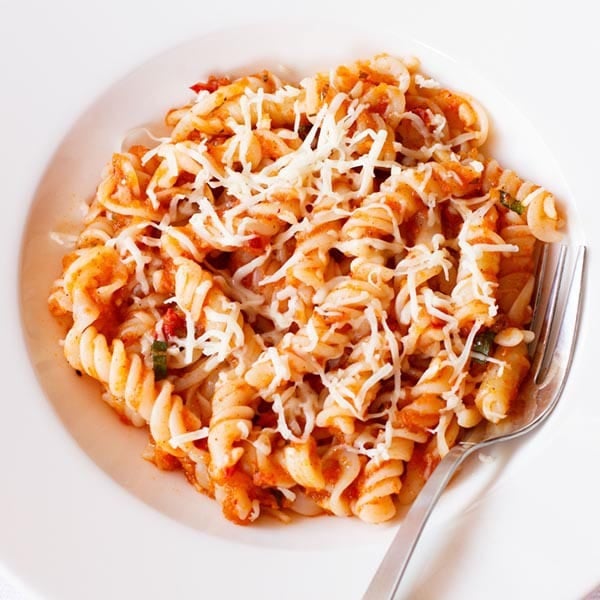
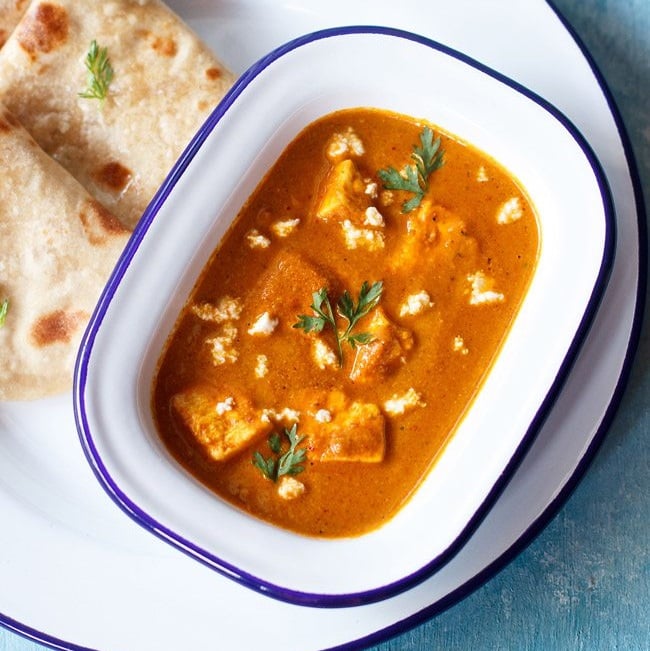
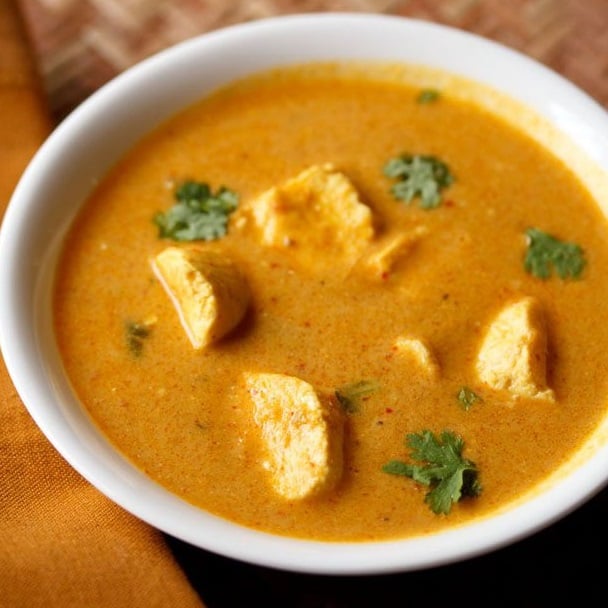
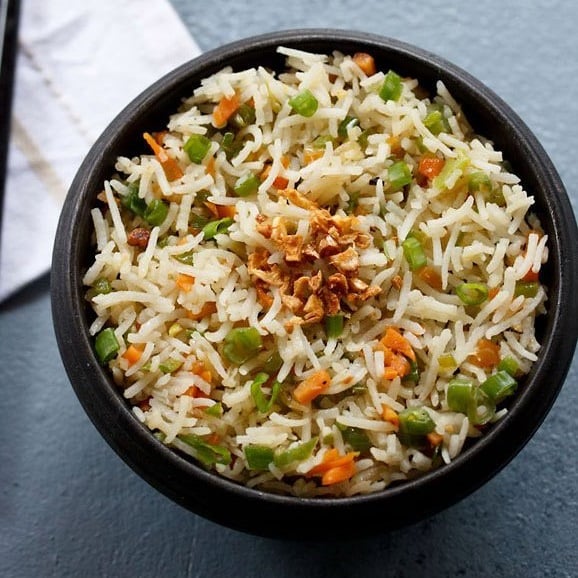
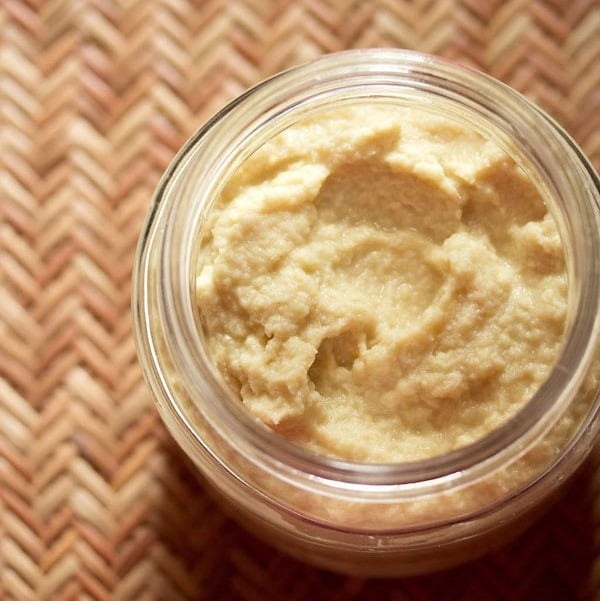
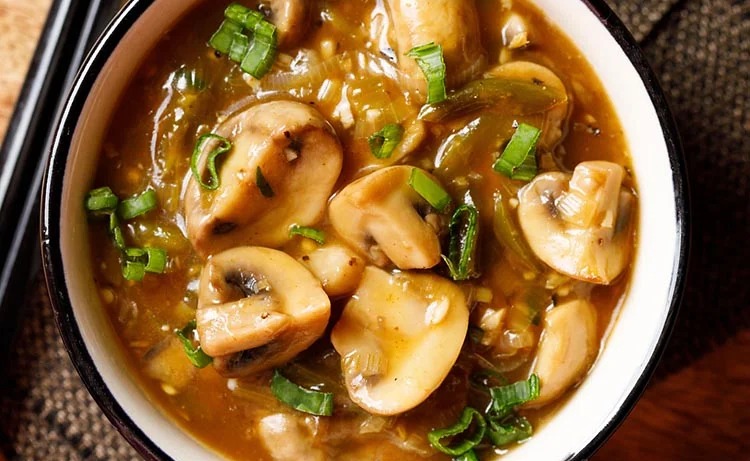

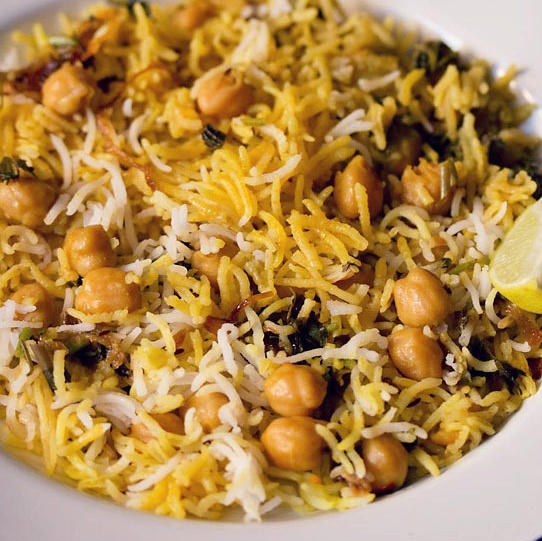
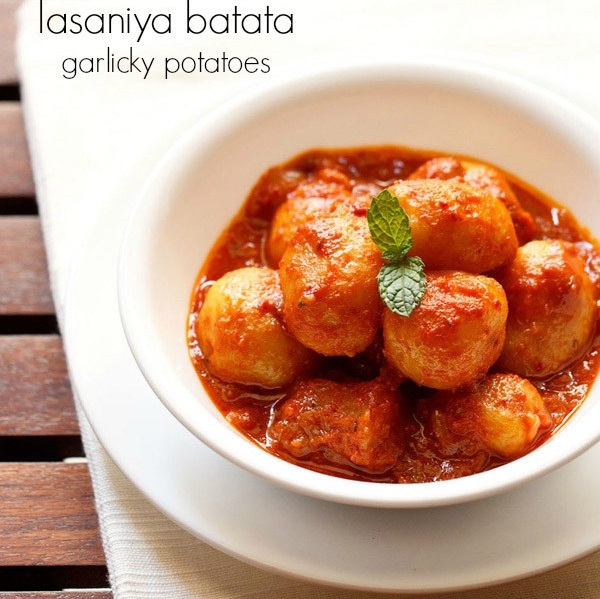

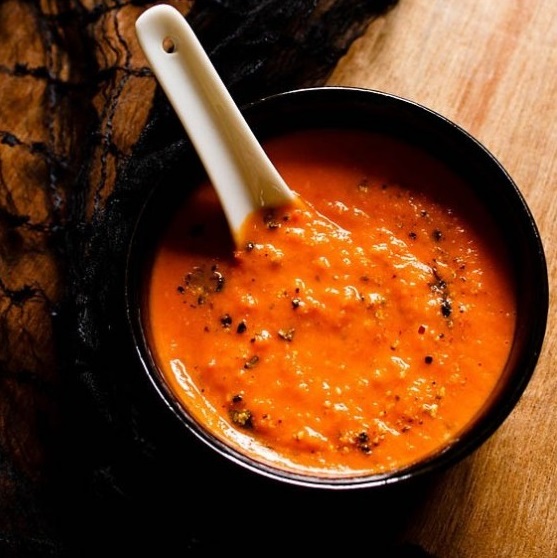
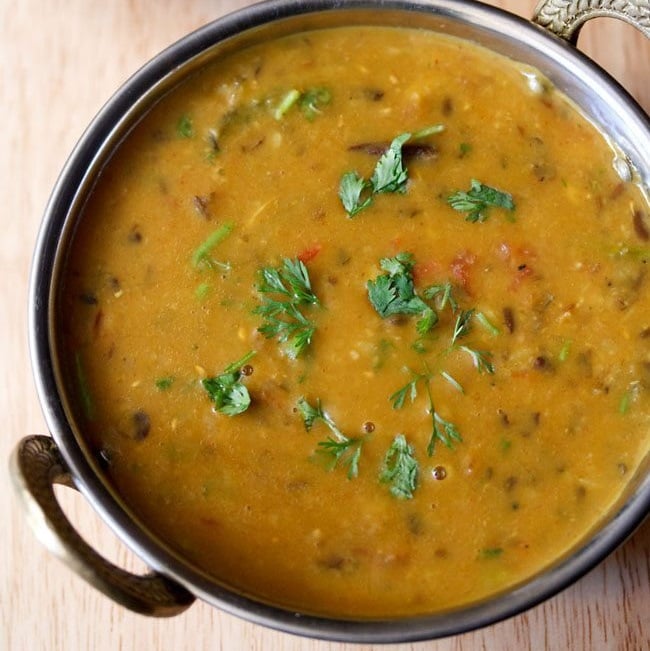

:max_bytes(150000):strip_icc()/korean-pickled-garlic-2118848-hero-02-297cdb9bcabf4286a2e1cc7692a2fb8c.jpg)
:max_bytes(150000):strip_icc()/saucisson-sec-b1f584744754404f94a67e0bf88fab43.jpg)
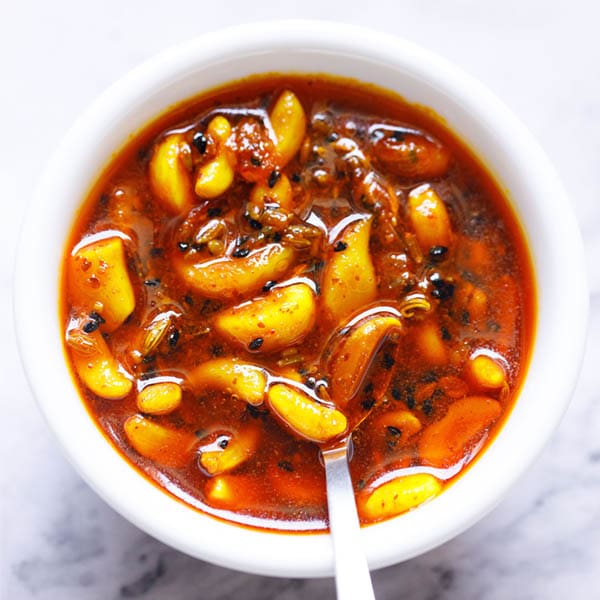
/garlicbreadoverhead-db5a3dac7ff941208afc7d233b2e0488.jpg)
:max_bytes(150000):strip_icc()/boiled-pork-belly-with-garlic-sauce-4060526-hero-01-87e1d25d4a50433d8d16026401842868.jpg)
:max_bytes(150000):strip_icc()/__opt__aboutcom__coeus__resources__content_migration__serious_eats__seriouseats.com__recipes__images__2013__11__20131104-272120-cook-the-book-pok-pok-cover-1528cc66230d425eb4939fca26a4961c.jpg)
:max_bytes(150000):strip_icc()/__opt__aboutcom__coeus__resources__content_migration__serious_eats__seriouseats.com__2021__01__20210113-banh-trang-nuong-jenny-dorsey-1-7fb7d0485aed43fa86d32ad3f7eae4fc.jpg)
:max_bytes(150000):strip_icc()/__opt__aboutcom__coeus__resources__content_migration__serious_eats__seriouseats.com__recipes__images__20100402-seasian-beefrendang-001efd0103804fb6b1b07b8ab1cae331.jpg)
:max_bytes(150000):strip_icc()/__opt__aboutcom__coeus__resources__content_migration__serious_eats__seriouseats.com__2020__11__20201015-banchan-thanksgiving-braised-turkey-legs-vicky-wasik-17-80f93f30317442578aff4ed8d82e67f2.jpg)